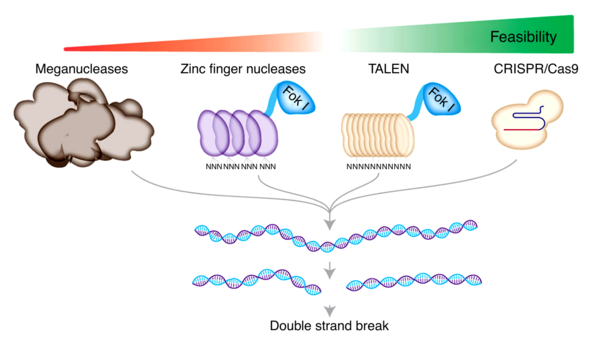10 Most Important Scientific Discoveries Of 2019
These incredible discoveries made 2019 a year of scientific knowledge and innovation.

Scientific discoveries and innovations occur all the time, and while the news tends to portray the more negative findings related to climate change and mass extinctions, there's always something positive that gets less press. Thousands of researchers, inventors, and innovators work tirelessly each and every day to discover new and interesting things, and 2019 featured some big ones.
When most people think about scientific discoveries, they recall the big ideas and revelations we all learned about in school. These include the discovery of heliocentrism, the reason the dinosaurs went extinct, the theory of gravity, and evolution, but there's far more going on, of which the average person remains unaware.
This list highlights some of the most impressive discoveries and innovations mankind achieved in 2019, and while some may not seem as incredible as Archimedes' "Eureka" moment in the bathtub, each one has moved humanity one step closer to the future.
The discoveries listed here are done so in the chronological order they were made, as each one's importance stands on its own merit. Whether in the field of astronomy, biology, computer science, or any other, these discoveries stood apart from the many hundreds made throughout 2019.
10. Scientists Conducted The First Ever "In Body" Gene Editing Therapy

Gene editing has been accomplished in a number of ways over the years, but it has previously been limited to edits outside the body prior to being introduced. Typically, genes would be modified outside the body, then after they were fully cultured, they would be reintroduced. Zinc Finger Nuclease (ZFN) was performed inside the body of a patient for the first time in February.
The trial was conducted by medical scientists working with Sangamo Therapeutics in Richmond, California. The therapy was done to alter the DNA of a patient with Hunter Syndrome, which is a rare genetic disorder capable of causing abnormalities in the skeleton, heart, and respiratory system.
A clinical trial of ZFN was conducted in the patient's body, which stands as a significant improvement on past therapies intent on modifying genes. Should the test prove effective at eliminating the disorder, it would boost the potential treatment options for patients suffering from incurable genetic conditions.
As it stands, this is only a first step in a process that will likely take many years to move into a treatment phase, and it may not fully succeed in the end. Still, it's important in moving gene editing forward in terms of speed and manner of care.